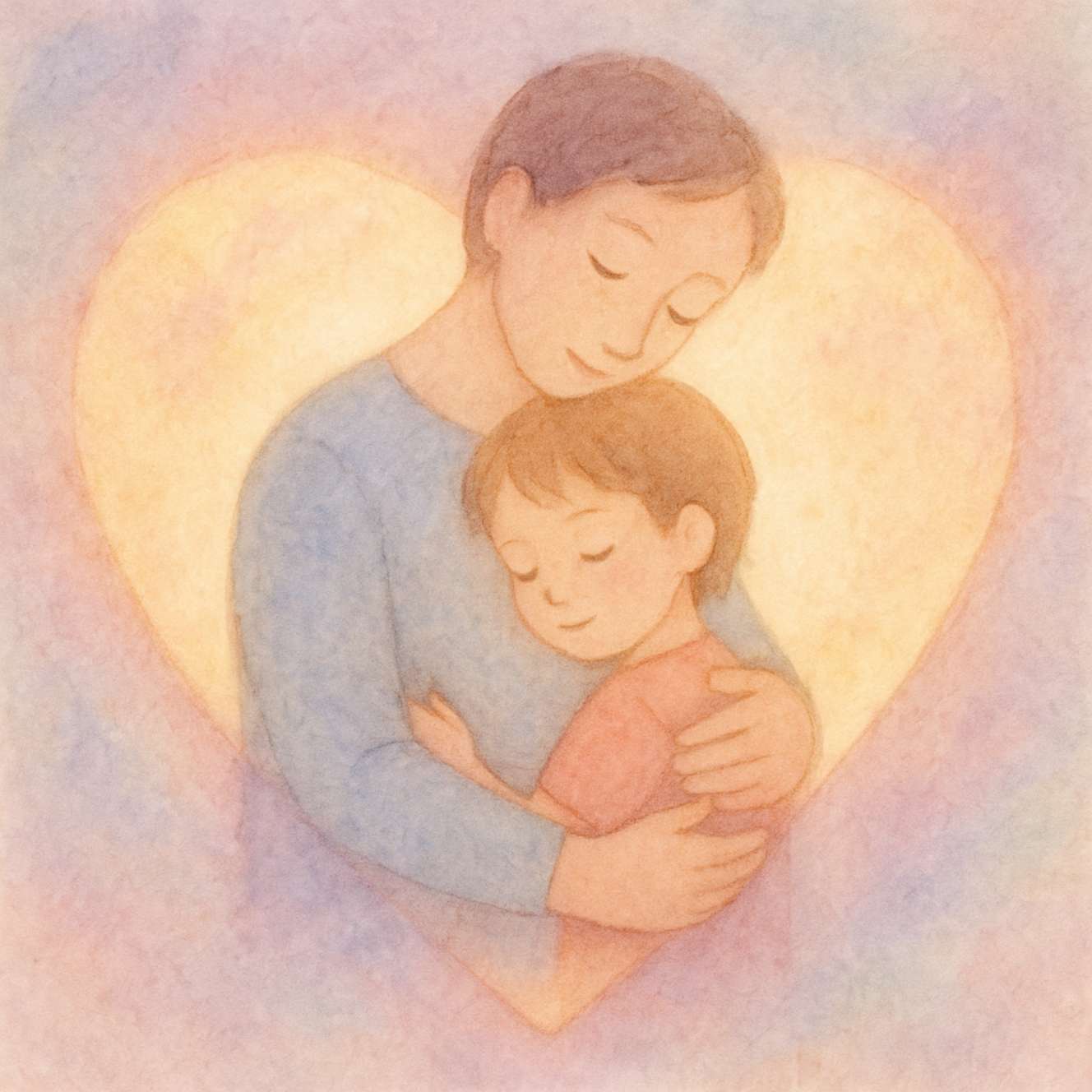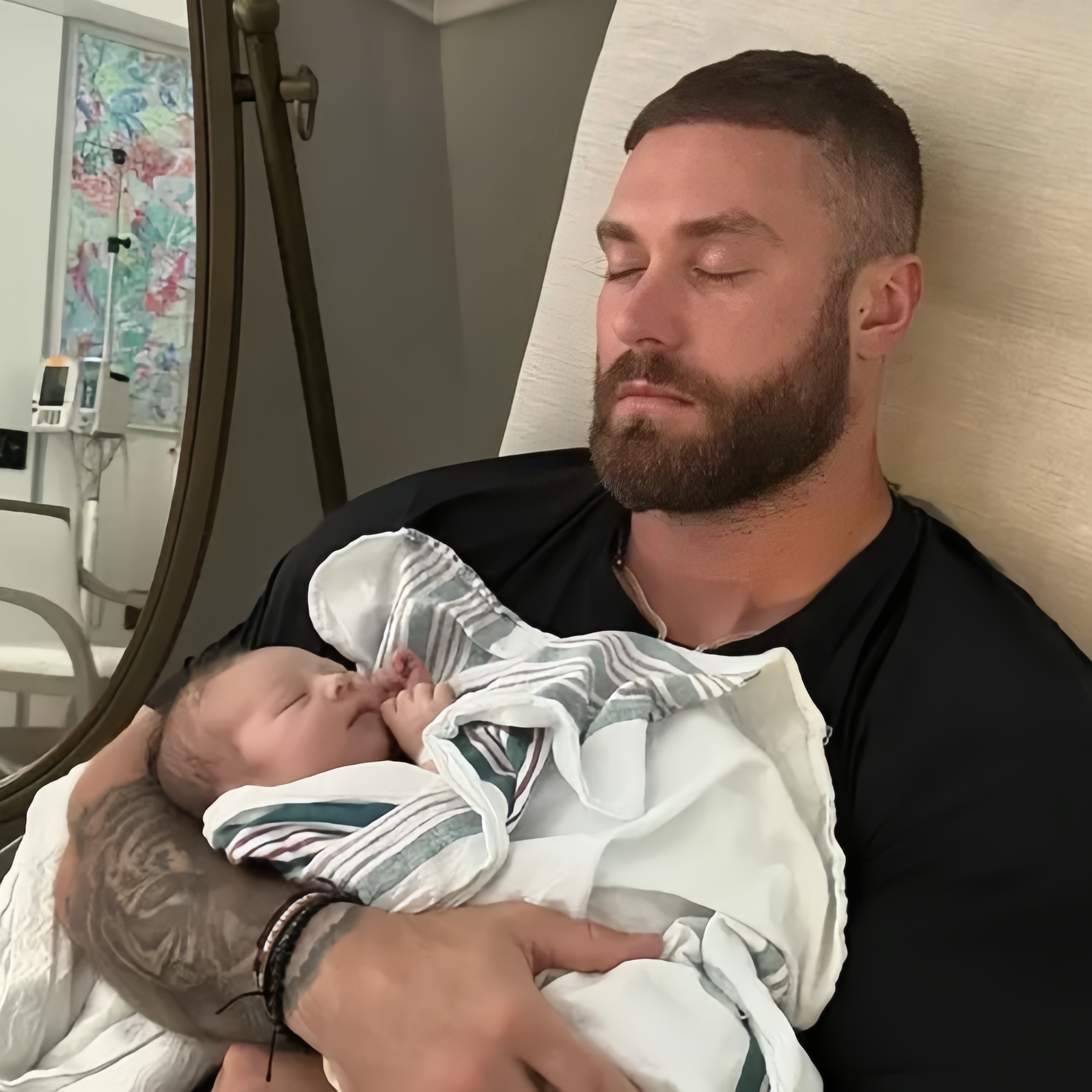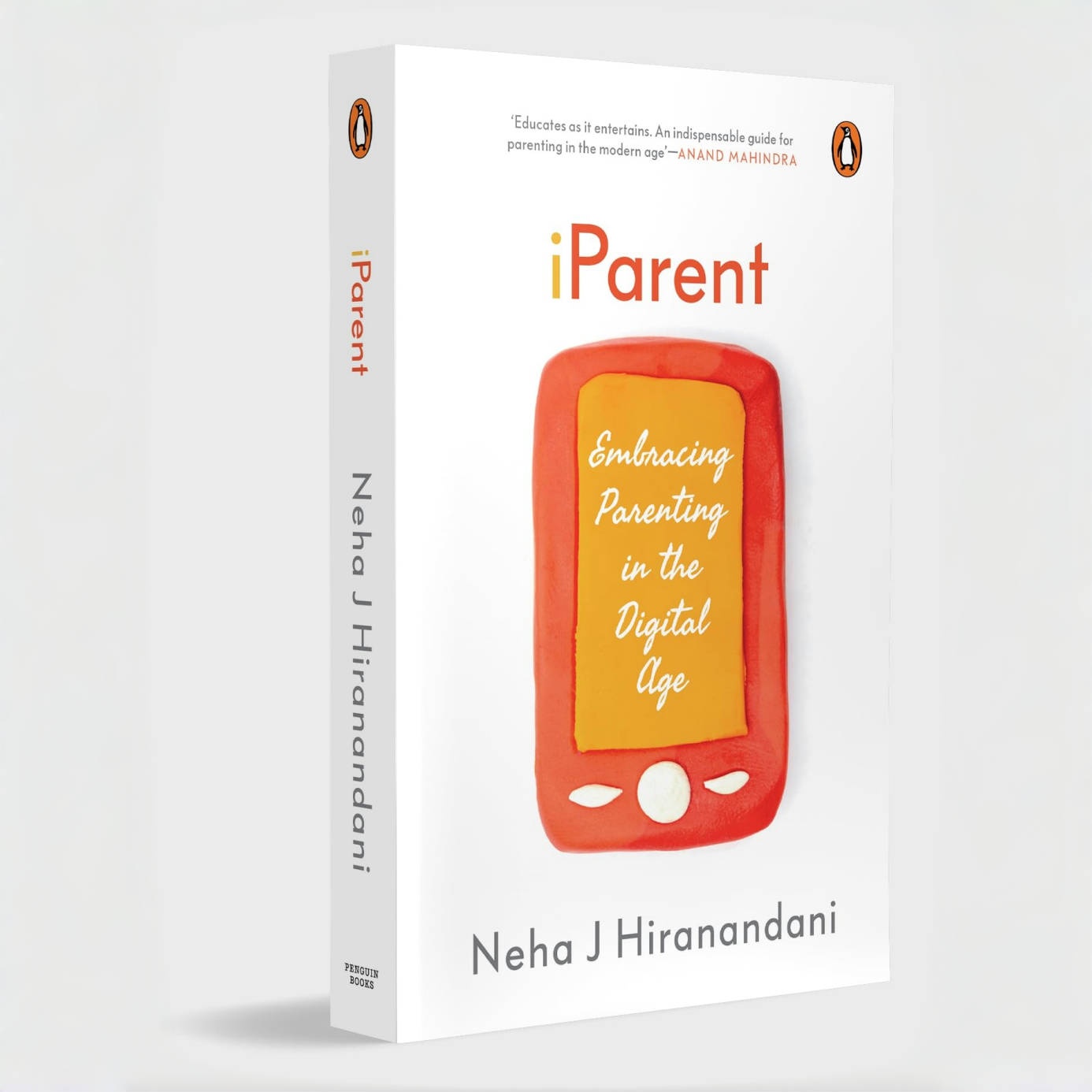Introduction
Childhood guilt is the uneasy ache that lingers when a young mind decides—rightly or wrongly—that it did something “bad” or “not enough.” Left unaddressed, that sting rarely fades with age; instead, it can follow us into late‑night thoughts, adult relationships, and, most poignantly, our own approach to parenting. Many mothers and fathers carry an invisible backpack of “should‑haves” and “what‑ifs,” replaying moments when they felt they disappointed a caregiver or failed to live up to family expectations. The weight becomes heavier once children enter the picture: every misstep as a parent can trigger echoes of the past. This article invites you to recognize those echoes, understand where they began, and gently start the journey of healing—so you can model emotional freedom for the next generation.
Understanding the Roots of Childhood Guilt
Childhood guilt generally falls into two categories. Justified guilt emerges when a child knowingly harms someone—perhaps lying to a friend or breaking a sibling’s toy. In a healthy environment, attentive adults guide the child to make amends, learn, and move on. Toxic or misplaced guilt, however, blooms when a child shoulders blame for situations beyond their control: a parent’s divorce, sudden illness in the family, or chronic criticism that convinces them they are “never good enough.”
Common sources include:
- Unrealistic expectations. A child who earns a “B” but is told only an “A” is acceptable soon equates love with flawless performance.
- Harsh parental criticism. Repeated shaming phrases (“Why can’t you ever listen?”) teach a youngster that their very being is problematic.
- Trauma or unstable family dynamics. In chaotic households, children often act as emotional barometers, believing they caused the tension or can fix it by behaving perfectly.
Over time, guilt becomes a subconscious script informing self‑worth. As adults, we may over‑apologize, dismiss compliments, or seek perfection in everything—carrying forward lessons rooted not in truth but in childhood misinterpretations.

Recognizing the Impact on Parenting
When unresolved guilt meets the daily unpredictability of parenting, it often manifests in three patterns:
- Overcompensation. You feel compelled to give your child everything you lacked—endless toys, jam‑packed schedules, constant approval. The result can be burnout for you and entitlement for them.
- Perfectionism. Mistakes—spilled juice, forgotten homework—feel catastrophic because they echo older fears of “not measuring up.” This can make household rules rigid and leave little room for spontaneity.
- Emotional distance. Some parents retreat, convinced they will “mess things up again.” They hover at a safe emotional distance, which children interpret as disinterest.
Daily clues include apologizing excessively to your kids for minor slip‑ups, refusing help because “I must handle it myself,” or feeling spikes of anxiety whenever your child expresses disappointment. Recognizing these behaviors is the first courageous step toward breaking generational cycles and teaching healthier norms.

Healthy Strategies to Process and Release Guilt
- Journaling and inner‑child work: Dedicating even ten minutes a day to free‑write about triggering moments allows buried feelings to surface safely. Address your younger self in the pages: reassure them with the compassion you wish you’d received.
- Self‑forgiveness: Remind yourself that imperfection is not disqualification from love. Try affirmations like “I am learning, and that is enough for today.” Repetition rewires neural pathways that link value with error‑free performance.
- Mindfulness practices: Breath‑focused meditation or grounding techniques (naming five things you can see, four you can touch, etc.) anchor you in the present, where past judgments lose their power. Over time, you build emotional “muscle memory” that chooses curiosity over self‑blame.
Consider creating a small ritual: light a candle each evening and mentally release one guilt memory. Symbolic acts transform abstract emotions into tangible steps, reinforcing progress.

Seeking Support When Needed
Healing rarely happens in isolation. Therapies such as inner‑child, cognitive‑behavioral, or trauma‑focused modalities offer guided frameworks to unpack formative memories safely. A trained professional can help you separate fact from childhood interpretation and practice new coping skills in real time.
Support groups and mentors reduce the loneliness factor. Hearing “Me too” from fellow parents normalizes the struggle and sparks collective problem solving. Even a trusted friend who practices non‑judgmental listening can serve as a mirror reflecting your growth.
Finally, age‑appropriate conversations with your own children can be profoundly healing. Sharing a small story of your mistake—without burdening them with details—shows vulnerability as strength. It teaches that adults are still growing, giving children permission to embrace their own learning curves.

Modeling Emotional Resilience for Your Children
Once you begin releasing guilt, that journey itself becomes a gift to your family. Demonstrate emotional honesty by labeling your feelings aloud: “I’m disappointed in myself for snapping earlier, and I’m going to take a five‑minute pause to breathe.” Children learn that emotions are signals, not threats.
Transform missteps into lessons. When your child spills juice and gasps, respond with calm problem‑solving rather than blame: “Let’s grab a cloth—accidents happen.” Over time, the home becomes a laboratory for resilience where setbacks ignite creativity instead of shame.
Create rituals of repair—family meetings, shared gratitude journals, or bedtime check‑ins—so everyone practices naming feelings, apologizing, and forgiving swiftly. These habits reinforce that love is unconditional and growth oriented. In nurturing such an environment, you not only heal your inner child but also equip the next generation with tools you once lacked.

Conclusion
Healing from childhood guilt is not a single milestone but a winding path of awareness, release, and renewal. Some days you will stride forward, other days you will pause to catch your breath. What matters is consistent self‑kindness and the recognition that each compassionate choice rewrites the old script. As you lighten your emotional backpack, you free both yourself and your children to walk taller, laugh louder, and love without the whisper of undeserved shame trailing behind. The journey may begin in the shadows of the past, but it leads to a future where compassion replaces guilt and resilience becomes the family legacy.





